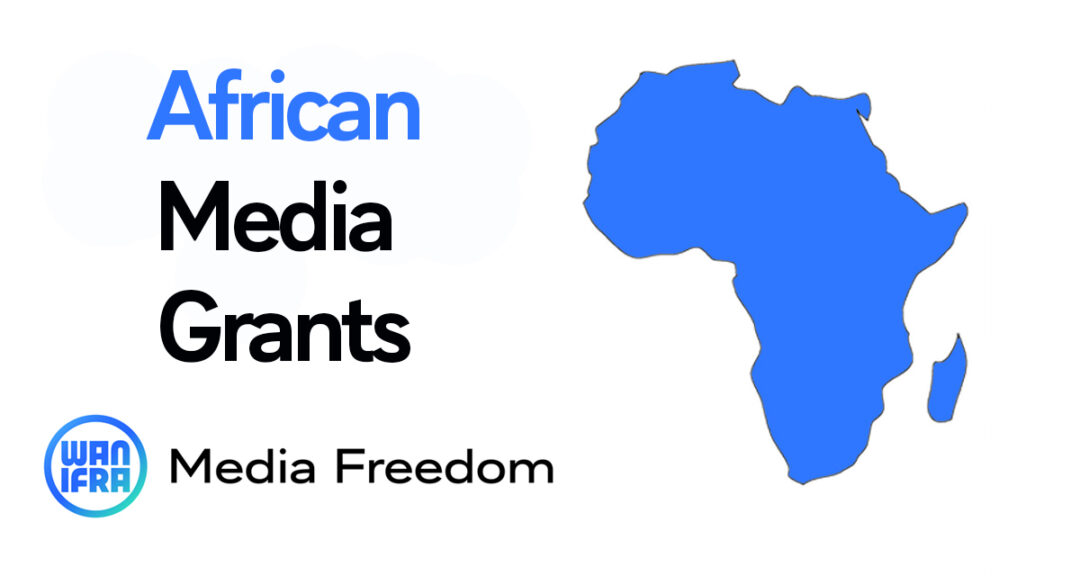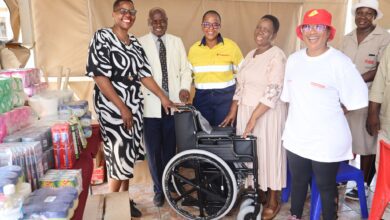The Okavango Delta’s Biodiversity affects the Circular Economy
With the Okavango Delta’s current water levels at their highest in five years, it’s easy to forget that water challenges in this wonderland are all too common. When it comes to circular economy, the communities of Tsutsubega and Gogomoga, situated alongside a far distant section of the veterinary fence separating the urban surrounds of Maun from the Okavango Delta, water is as precious as gold.
Their livelihood depends on the agriculture, aquaculture, and livestock, but they have had no access to a stable source of water. However, when the Delta’s dry season many of the water channels dry up, these communities have been restricted to muddy pools of dirty water that they’ve been forced to share with wildlife.
According to andBeyond Travel Company, in August 2018, before the shadow of COVID-19 fell, engagement with these isolated communities was initiated in collaboration with Africa Foundation. In line with the Foundation’s methodology of working WITH rather than FOR communities, several consultative meetings were held in which the community identified their priority issues, with access to safe water as the most crucial.
Many learnings over the last 28 years have shaped Africa Foundation’s approach to community projects: linking in all stakeholders has proven to be a key factor to ensuring a sustainable solution to all initiatives. In this case, the Maun Administration Authority Council was actively involved in the discussions around the proposed boreholes -understandably, ground water levels need to be carefully managed and licensed by authorities.
This project came to fruition in June when the first of the boreholes was drilled for the Gogomoga Community, with the borehole for the Tsutsubega following a week later. The water quality was tested and confirmed good for human consumption. Not only do the communities now have a stable source of water, but their COVID-19 defences have strengthened significantly.
It is always wonderful to report back on a successful initiative, knowing the transformational impact it will have on the lives of each and every community member, but there’s another far reaching aspect to a project like this: it reaffirms that with conservation, come meaningful benefits that will build resilience and empower the community.
Organisations like the British High Commission in Botswana, in addition to their bilateral work with Botswana, the High Commission hosts two regional teams that oversee work on the illegal wildlife trade and biodiversity protection across southern Africa. The illegal wildlife trade team works on projects and programmes that promote the protection of endangered animals and plants from poaching and illegal trade. The UK provides funding for practical projects around the world that help eradicate illegal wildlife trade and, in doing so, reduce poverty. The UK has allocated £37 million to 113 projects that combat the illegal wildlife trade in over 50 countries since 2014 via the Illegal Wildlife Trade Challenge Fund.
Moreover, the British High Commission also recognises that the planet is facing a dual crisis of rapid climate change and unprecedented biodiversity loss. Global rates of species extinction are up to 1,000 times higher than the average over the past several million years and are accelerating. Around 25% of plant and animal species are threatened by human actions, with a million species facing extinction, many within decades. The destruction of mangroves, peatlands and tropical forests for agriculture and other uses contributes to 13% of total human CO2 emissions.
Biodiversity loss is also a development issue as 70% of the world’s poor live in rural areas and derive 80% of their living requirements from natural resources. The poverty faced by these communities is exacerbated by the degradation of their environment, which is both a cause and a consequence of climate change. The regional team at the British High Commission in Botswana oversees the UK’s Biodiverse Landscapes Fund (BLF) for the Kavango-Zambesi Transfrontier Conservation Area. The BLF aims to reduce poverty, protect and restore biodiversity and lessen the impact of climate change. The £15million Fund, first announced by the Prime Minister at the UN General Assembly 2019, will run from 2022 to 2029.








